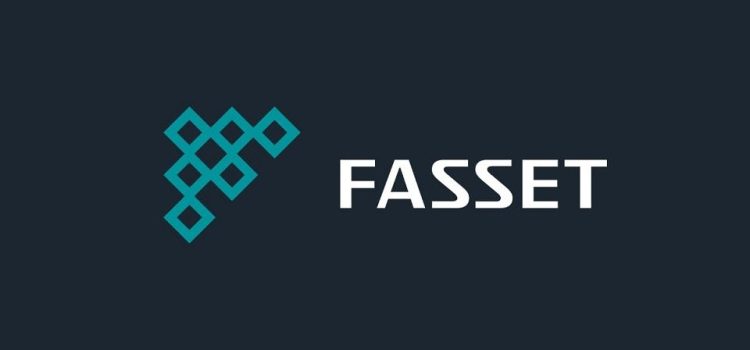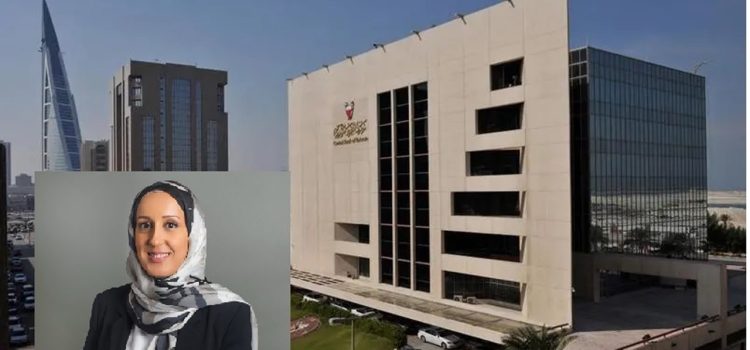
After the Central Bank of Bahrain (CBB) issued its consultation paper on stablecoins back in October 2024, it has now issued the full stablecoin regulation on July 2nd 2025, and is offering licenses to stablecoin issuers, custodians, for fiat backed stablecoins that could be either in Bahraini Dinar or United States Dollars or any other fiat currency acceptable to the CBB.
Additionally, the Central Bank of Bahrain is allowing stablecoin issuers to issue yield bearing stablecoins which pay passive returns to its clients only from either interest or rewards ( for Sharia compliant stablecoins) which is earned from the investment of the reserve assets.
Also regulated are sharia compliant stablecoins. However all stablecoin issuers will need to meet requirements set by the Central Bank.
As per the stablecoin module stablecoin issuers seeking to issue and offer stablecoins, control the total supply of stablecoins or mint and burn stablecoins as well as manage and safeguard reserve assets and custody of stablecoins will need to meet the requirements set out in the module.
As per the document, ” Stablecoin issuers must provide the CBB with detailed description of the new services, the resources required and the operational framework for such service.” All service providers need to be licensed before undertaking stablecoin services.
Quality and liquidity of stablecoin are vital
The CBB notes that part of the approval of a stablecoin will include looking into the quality and liquidity of the stablecoin, as well as credit and concentration risk reserve assets in those currencies. It also notes that the Central Bank may reject an application for issuance of a stablecoin if it determines that the issuance thereof might cause damage, dilute or be contrary to the interests of national economy, the holders of the stablecoin or public investors in general.
Also applicants need to have at least three years track record in either issuing stablecoins or working in the crypto asset domain.
Moreover the license fee set by the CBB is a variable one 0.25% of operating expenses.
In terms of reserve asset composition, stablecoin issues can only keep reserves in cash and deposits with Banks rates at a minimum of AA- or equivalent, or debt securities with central bank, or repurchase agreements backed by short term government money market funds.
Difference between UAE stablecoin regulations and Bahrain
UAE Stablecoin Payment Token Services Regulation came out laying down the rules and conditions by the Central Bank of UAE for licenses pertaining to payment tokens, not allowing algorithmic tokens to be included and only allowing foreign stablecoins to be used to purchase virtual assets, while the AED dirham stablecoin became the only stablecoin to be allowed for payments in the country.
The Bahrain Central Bank has gone into an even further course, allowing for both Bahrain Dinar and USD stablecoins to be issued and utilized as well as sharia backed stablecoins. Moreover unlike the UAE, Bahrain is allowing yield bearing stablecoins to be issued.
The CBB stablecoin regulation compared to the U.S. Genius Act stablecoin regulation is similar except for the yield bearing factor and the fact that U.S did not open it up to other fiat currencies. In the Genius Act The bill mandates that stablecoins be fully backed by high-quality, low-risk assets like U.S. dollars, short-term Treasury bills, or insured bank deposits. The act defines “payment stablecoins” as digital assets issued for payment or settlement and redeemable at a fixed amount, like $1.
JP Morgan has noted that stablecoin market could hit $500 million by 2028. Stablecoin issuers have collectively generated over $10 billion in revenue, marking a significant milestone for the sector. This growth is largely attributed to the increasing profitability of stablecoins, which has driven expansion and innovation within the market. Tether, the leading stablecoin issuer, has amassed $6.56 billion in revenue, underscoring its dominant position. Other notable issuers include Circle, which earned $1.89 billion, Sky Protocol with $384 million, and Ethena with $332 million.















